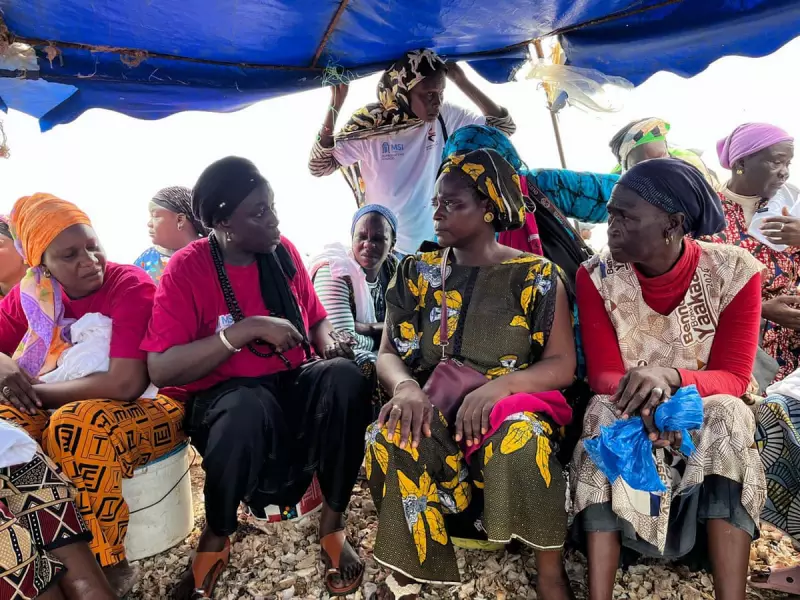
Across Senegal, a quiet crisis is unfolding as thousands of women are being forced to abandon vital contraception services due to devastating cuts in international aid. The repercussions are being felt in clinics, households, and communities throughout the West African nation.
The Human Cost of Funding Gaps
Marie-Hélène, a mother of three from Dakar, represents the human face of this emergency. "I had to stop my injections because I couldn't afford them," she reveals. "Now I live in constant fear of becoming pregnant again. We simply cannot feed another child."
Her story echoes throughout health centres where providers like MSI Reproductive Choices are struggling to maintain services. "We're witnessing a reversal of decades of progress," explains one healthcare worker. "Women who had taken control of their reproductive health are now being pushed back into uncertainty."
Economic Pressures and Hard Choices
The funding crisis has created impossible choices for families already grappling with economic hardship. Many women report having to decide between feeding their existing children and paying for contraception.
The statistics paint a stark picture:
- Contraception prices have surged by up to 400% in some areas
- Unintended pregnancies are rising sharply
- Maternal health outcomes are deteriorating
- Household poverty is deepening as family sizes grow unexpectedly
Broken Promises and Global Consequences
International donors, including the UK government, have significantly reduced funding for family planning programmes across Africa. These cuts come despite previous commitments to support women's reproductive rights and health.
"This isn't just about statistics," argues a women's rights advocate in Senegal. "It's about real women whose lives and futures are being compromised. The global community is turning its back on its promises."
A Generation of Progress at Risk
Health experts warn that the consequences will extend far beyond individual families. The gains made in women's education, economic participation, and health over recent decades could be erased.
As one community health worker summarises: "When women cannot plan their families, everyone suffers - the women, the children, the communities, and ultimately, the nation's development."
The situation in Senegal serves as a warning sign for other African nations facing similar aid reductions, highlighting how global policy decisions directly impact the most vulnerable.





